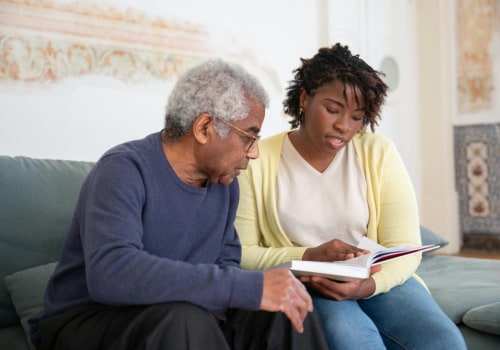Consider worrying if your older parents are losing weight unexpectedly. This may indicate physical health problems or, more likely, memory problems. If you can, check the refrigerator the next time you visit Elderly Care in Monkton MD. Watch for expired foods or empty shelves; this could indicate that they are not remembering to eat or that they are not eating good, nutritious foods. If you recently noticed any of these 10 warning signs in your aging parents during a recent visit to Elderly Care in Monkton MD, then it may be time to step in. With the person's permission, you can contact people who see them regularly (neighbors, friends, doctors, or local family members, for example) and ask them to call you if you have any questions. If you're concerned about the person's physical or mental health, suggest a visit to a healthcare provider. Consider worrying if your older parents are losing weight unexpectedly. This may indicate physical health problems or, more likely, memory problems. If you can, check the refrigerator the next time you visit Elderly Care in Monkton MD. Watch for expired foods or empty shelves; this could indicate that they are not remembering to eat or that they are not eating good, nutritious foods. If you recently noticed any of these 10 warning signs in your aging parents during a recent visit to Elderly Care in Monkton MD, then it may be time to step in. With the person's permission, you can contact people who see them regularly (neighbors, friends, doctors, or local family members, for example) and ask them to call you if you have any questions. If you're concerned about the person's physical or mental health, suggest a visit to a healthcare provider.
As a collaborative care counselor at NewBridge on the Charles in Dedham, I often talk to family members who wonder if they should be concerned about something they see in a loved one. Lack of transportation can be a common cause of loneliness among older adults, especially during the winter months, so if that worries your loved one, you can explore alternative options, such as a local van for the elderly (many senior centers in the city offer those options) or a ride-sharing app. If your parents can't leave home or are concerned about exposure to COVID-19, explore the options available to them. If you're worried that your parents or an elderly loved one may need help, it's time to do something about it.










